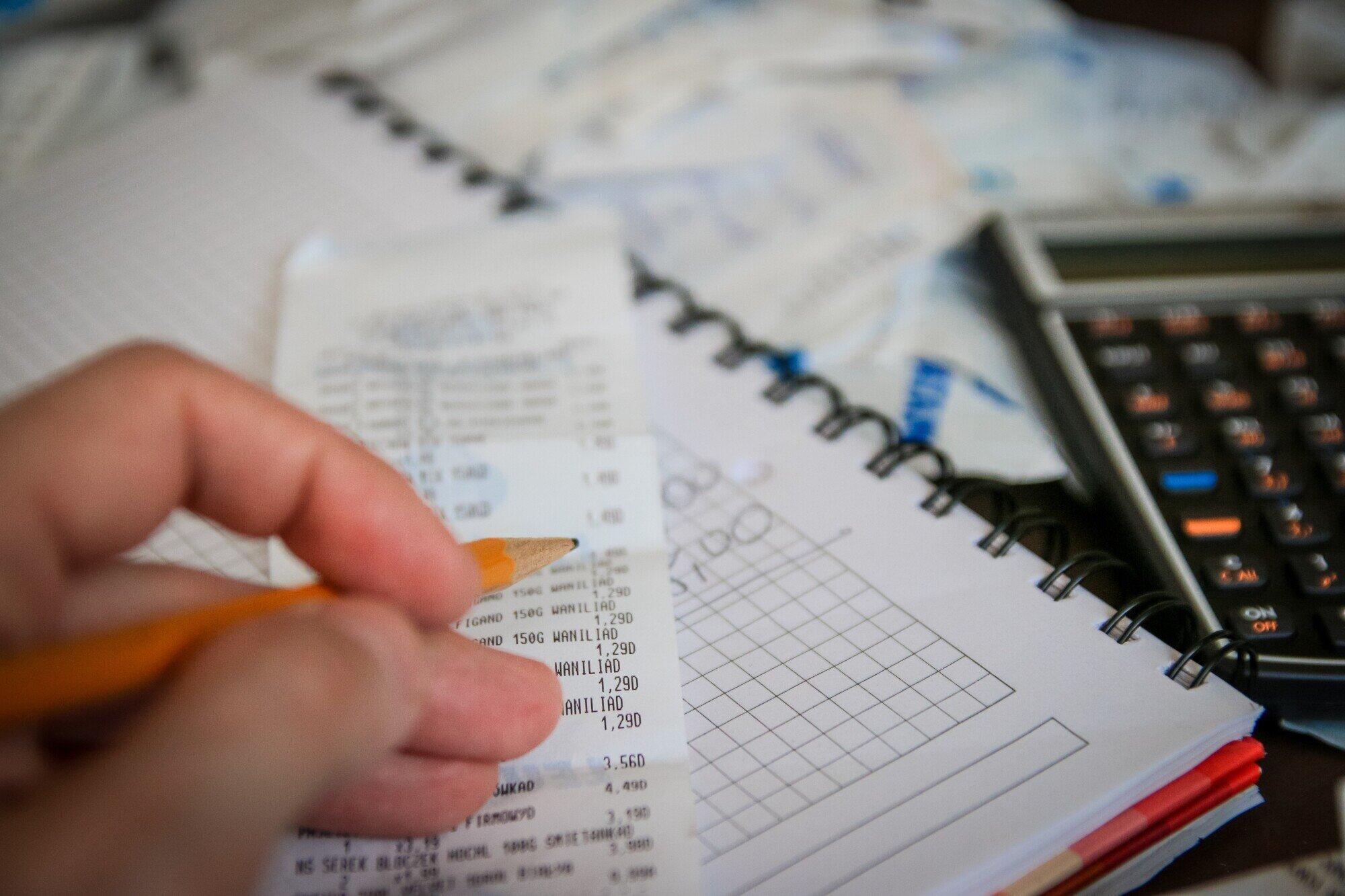36% of landlords listed changing tax laws as their primary concern. Keeping up with changes in regulations that are over 2,000 pages is a difficult task.
One piece of paper that can help you cut through all the others is an owner statement. They provide a record of all your property's financial activity. That includes income, expenses, and net cash flow.
Read on to learn how to navigate owner statements during tax season.
Tracking and Reporting Income and Expenses
Always create a bank account for your rental properties that's separate from your personal finances. If you have multiple properties, give them separate accounts as well.
This makes it easier to manage your accounting records. You won't have to waste time digging through your income and expenses to determine which ones were personal and which involved which property. It also helps you reduce your taxes and get all the business deductions you earned.
What Counts as Income and How Is It Taxed?
Landlords earn income beyond rental payments. Anything you receive for the use or occupation of the property counts as income. This includes advance rent and security deposits used as final rent payments.
Put all of this money on your owner statements. Note how much went through and where it came from. Remember that it's also taxable and must be included on your return.
What Can and Can't You Deduct?
Landlords can take advantage of deductions such as:
- Property taxes
- Mortgage interest
- Operational expenses
- Depreciation
- Maintenance
- Repairs
- Advertising
- Utilities
- Insurance
- Travel
- Home office expenses
Look at your owner statements to help you see what you qualify for. If you spent a great deal on repairs this season, you'll most likely be able to deduct them.
Don't claim any personal items used to improve your own home. There are rules about what applies as a deduction, so speak to a professional if you're unsure.
What Other Documents Will You Need?
Owner statements aren't the only documents you'll need to track your landlord finances. Keep records to back up the numbers you report. These may include:
- Rent rolls
- Receipts
- Work orders
- Previous tax returns
- Bank statements
- Mortgage documents
- Loan documents
- Leases
- Insurance policies
- Legal documents
Careful bookkeeping prevents errors that could leave your business earnings in a downturn or get you audited.
You'll also need to gather all the necessary tax forms. Have every non-employee you work with, such as a contractor, fill out a W-9. You'll need a 1099 to report your rental income.
How Can a Property Manager Help Me Handle Owner Statements?
Owner statements keep a record of everything you've earned and paid out. They're especially important at tax time. Having a property manager keep track of these essential documents makes everything easier, prevents errors, and leads to higher returns.
PMI Cobb provides full-service property management services. We provide high-quality customer service and use state-of-the-art technology to provide real-time property updates. Contact us to see how we can increase the value of your investment and help you set the maximum rent each month.


